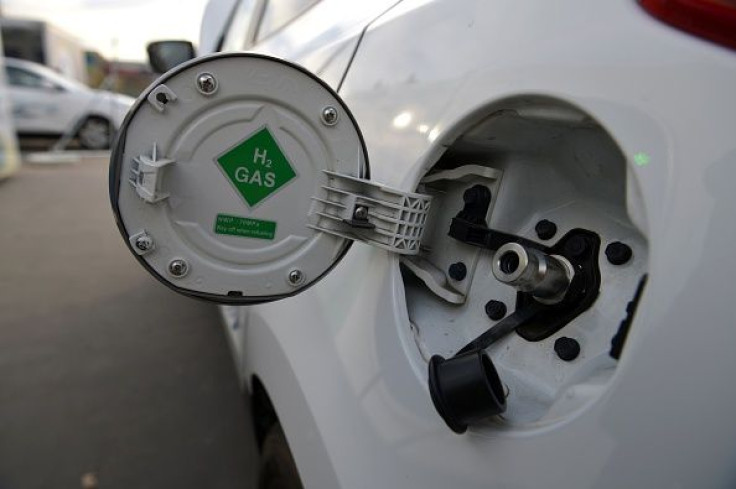Honda, GM Plan Joint Fuel Cell Plant

Honda Motors Co. and General Motors are planning to build a fuel cell plant jointly in a bid to reduce costs involved in developing electric cars, Japanese news daily Asahi Shimbun reported Saturday. The two automakers hope to start mass production of fuel cells by 2025 at the latest, the paper reported.
“By cutting costs with General Motors, we hope to increase our FCV [fuel-cell vehicle] production capacity to help achieve the government’s goal,” a senior Honda official told Asahi. Honda and GM have been jointly developing fuel-cell systems and hydrogen tanks for FCVs since 2013.
While working jointly on fuel cells, the two companies will continue to develop their own cars separately, Asahi reported.
The Japanese government is expected to introduce incentives that will reduce the cost of fully electric vehicles to levels that can compete with gas-electric hybrid vehicles around 2025.
Fuel cell-run cars — which use compressed hydrogen as their fuel and release only water vapor as emissions — are known to be prohibitively expensive to develop, a factor that prompted some of the world’s largest carmakers to cooperate with their rivals. Daimler AG, Ford Motor and Nissan Motor jointly develop fuel cells while Toyota partnered with BMW to reduce costs and speed up adoption of the technology.
© Copyright IBTimes 2024. All rights reserved.











